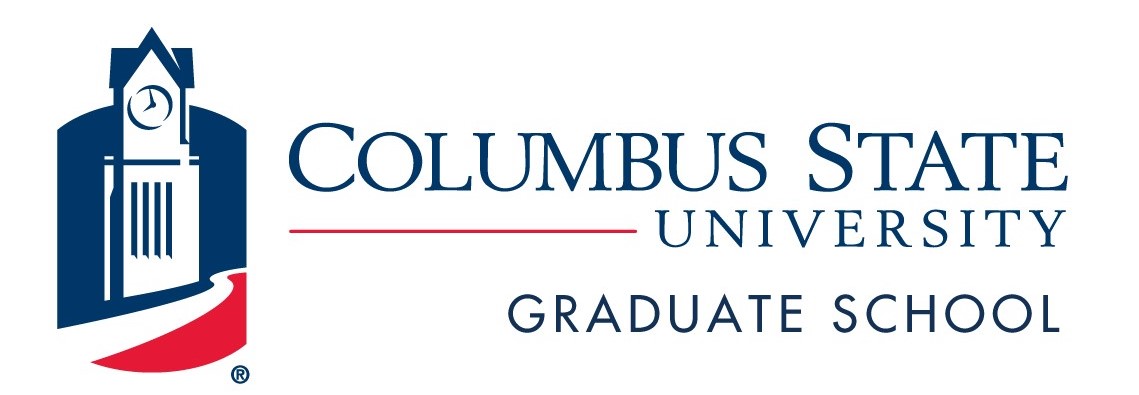Personalized and Contextualized Tier II
Presentation Type
Event
Location
Columbus State University
Start Date
3-11-2022 1:00 PM
Description
Based on a review of the literature, professors identified an issue with traditional graduate leadership preparation programs concerning the application of program content in the school settings led by the candidates. This issue was highlighted by the need for candidates to develop strong interpersonal skills and collaborative work environments (Moldoveanu and Narayandas, 2019) to address academic challenges and opportunities in their schools. To address this issue, professors developed an innovative, performance-based program for candidates preparing for the principalship. The program applied personalized learning with the following four selected program objectives: 1. Develop skills in working with others as a member of a team starting with the power of relationships, protection of minority voices through consensus, and collaboration. 2. Develop specific skills, competencies, and points of view needed by professionals in the field most closely related to leadership preparation. 3. Learn to apply course material to improve thinking, problem-solving, and decisions impacting school academic challenges and opportunities. 4. Recognize those leadership change initiatives required for sustainable student learning occur by changing beliefs composing the mental models of adults. Candidates applied their learning from these objectives as they led collaborative steering teams to address student learning gaps and achievement challenges facilitating consensus to strengthen relationships, trust, and beliefs associated with both mental models and positive culture. For sustained student learning, candidates implemented change strategies to address an academic challenge by addressing the beliefs associated with adult mental models resulting in positive movement in student outcomes. This presentation will examine the unique features used to achieve the program objectives - including learning outcomes integrated with content and residency work as candidates led the design and implementation of a school-based change initiative that continued for the length of the program.
Personalized and Contextualized Tier II
Columbus State University
Based on a review of the literature, professors identified an issue with traditional graduate leadership preparation programs concerning the application of program content in the school settings led by the candidates. This issue was highlighted by the need for candidates to develop strong interpersonal skills and collaborative work environments (Moldoveanu and Narayandas, 2019) to address academic challenges and opportunities in their schools. To address this issue, professors developed an innovative, performance-based program for candidates preparing for the principalship. The program applied personalized learning with the following four selected program objectives: 1. Develop skills in working with others as a member of a team starting with the power of relationships, protection of minority voices through consensus, and collaboration. 2. Develop specific skills, competencies, and points of view needed by professionals in the field most closely related to leadership preparation. 3. Learn to apply course material to improve thinking, problem-solving, and decisions impacting school academic challenges and opportunities. 4. Recognize those leadership change initiatives required for sustainable student learning occur by changing beliefs composing the mental models of adults. Candidates applied their learning from these objectives as they led collaborative steering teams to address student learning gaps and achievement challenges facilitating consensus to strengthen relationships, trust, and beliefs associated with both mental models and positive culture. For sustained student learning, candidates implemented change strategies to address an academic challenge by addressing the beliefs associated with adult mental models resulting in positive movement in student outcomes. This presentation will examine the unique features used to achieve the program objectives - including learning outcomes integrated with content and residency work as candidates led the design and implementation of a school-based change initiative that continued for the length of the program.

